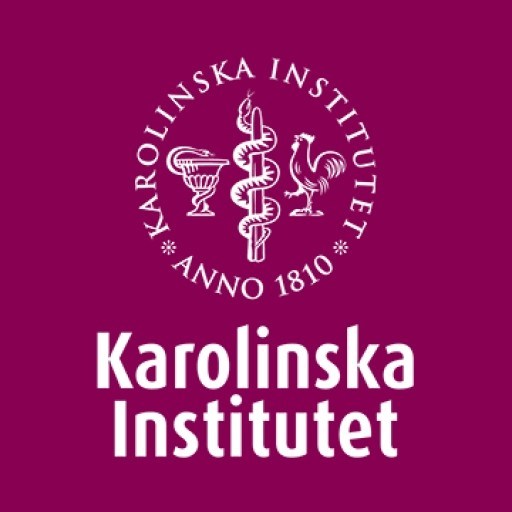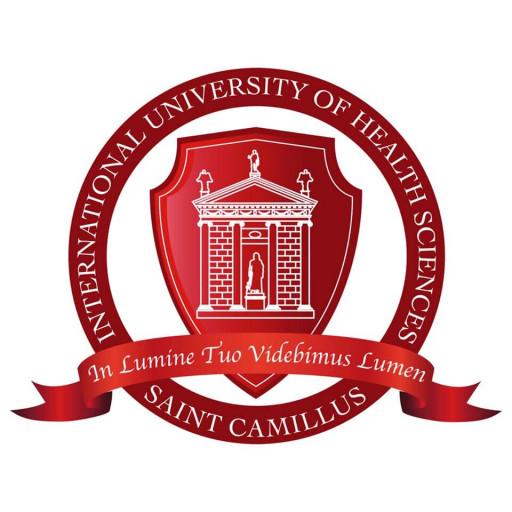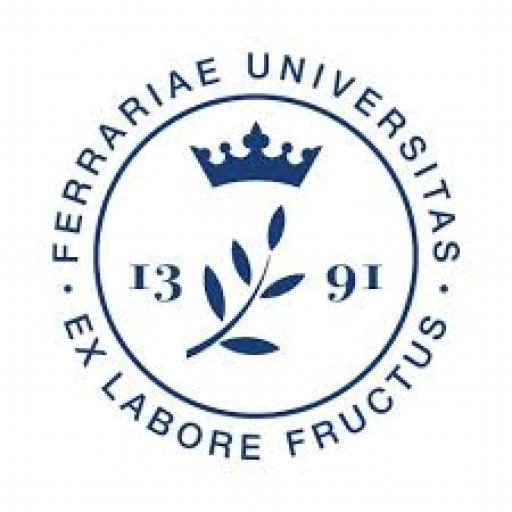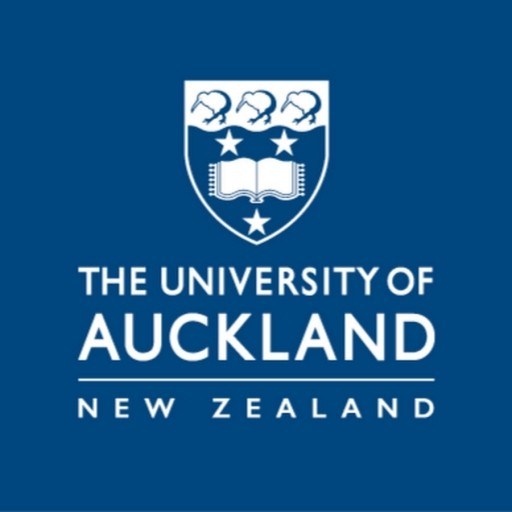Photos of university / #karolinskainstitutet
The Master’s Programme in Biomedical Analysis at Karolinska Institute is a comprehensive and interdisciplinary education designed to prepare students for advanced careers in biomedical research, diagnostics, and healthcare. This program combines theoretical knowledge with practical skills in biomedical laboratories, focusing on understanding human health and disease at a molecular and cellular level. Students will gain proficiency in modern analytical techniques, including molecular biology, biochemistry, genetics, and bioinformatics, equipping them to contribute effectively to biomedical research and clinical diagnostics. The curriculum covers a wide range of topics such as cellular and molecular biology, immunology, pathology, and personalized medicine, fostering a deep understanding of complex biological systems. Throughout the program, students have the opportunity to engage in laboratory work, develop analytical methods, and participate in research projects, often collaborating with leading scientists and industry partners. The programme is designed to promote critical thinking, problem-solving, and innovation, preparing graduates for roles in research institutes, hospitals, pharmaceutical companies, and biotechnology firms. Graduates of the Biomedical Analysis programme will be well-equipped to interpret complex biological data, develop new diagnostic tools, and contribute to advancements in personalized treatment strategies. The program also emphasizes ethical considerations and the societal impact of biomedical innovations, encouraging students to think critically about the responsibilities that come with scientific progress. With a strong emphasis on hands-on laboratory skills and research excellence, the Master’s Programme in Biomedical Analysis provides students with the tools needed to excel in the rapidly evolving field of biomedicine. As part of the Karolinska Institute’s commitment to excellence in healthcare education and research, students benefit from world-class facilities, expert faculty, and a vibrant academic community dedicated to improving human health through innovative science. Graduates will be prepared to pursue doctoral studies or enter the workforce as skilled biomedical analysts, researchers, or specialists contributing to the advancement of medicine and healthcare worldwide.
About programme
The program combines various teaching methods to create a good learning environment where the focus is to link medical and methodological theory with practical application in the form of laboratory work and clinical training in various laboratory medical clinics. The program has a distinct research links and provide good opportunities for international exchange.
As a biomedical scientist with a specialization Clinical Physiology you become an expert in various types of physiological tests. These investigations are carried out directly on the patient with the help of advanced technology. Examples of physiological research methodology are ECG, ultrasound, spirometry, EEG and isotope studies that are used to examine the function of the heart, blood vessels, lungs, brain, nervous system and kidneys.
Requirements
- Biology 2
- 1st Physics / Physics 1b1 + 1b2
- Chemistry 2
- Mathematics 3b / 3c
Or
- Biology B
- Physics A
- Chemistry B
- Mathematics C
Financial support and scholarships
Global Education Program (GEP) is a Russian government funding program that offers Russian citizens an opportunity to study at leading foreign higher education institutions and to get employment in accordance with the qualification gained: http://educationglobal.ru/en/
The Biomedical Analysis Programme at the Karolinska Institute offers a comprehensive education designed to prepare students for advanced roles within the biomedical and healthcare sectors. The programme combines rigorous scientific coursework with practical laboratory training, enabling students to develop strong analytical and research skills. Students learn about the human body, disease mechanisms, diagnostic tools, and innovative treatment methods, with a focus on laboratory analysis and technology. The curriculum includes courses in biochemistry, molecular biology, pathology, clinical chemistry, and medical diagnostics, providing a solid foundation for understanding complex biological systems and medical sciences. The programme emphasizes the importance of ethical considerations, quality control, and patient safety in biomedical diagnostics. Throughout their studies, students have opportunities to participate in research projects, internships, and collaborations with healthcare institutions, enriching their practical experience. The programme aims to produce graduates who are competent in performing laboratory tests, interpreting analytical data, and implementing new diagnostic techniques. Graduates are equipped to work in clinical laboratories, research institutions, pharmaceutical companies, and healthcare organizations. The Karolinska Institute’s strong international reputation and connections with the medical community provide students with networking opportunities and exposure to cutting-edge developments in biomedical analysis. The programme often incorporates elements of translational medicine, linking laboratory findings to clinical applications. Additionally, students gain critical skills related to communication and teamwork within multidisciplinary healthcare teams. The interdisciplinary nature of the programme reflects the evolving needs of modern medicine, where precise diagnostics play a crucial role in patient care. Graduates leaving the programme are prepared for careers as biomedical analysts, laboratory technicians, or further research training, including master's and doctoral studies. The programme is full-time and typically completed over two years, with a structure designed to balance theoretical learning and practical application. Entry requirements generally include a background in science or medicine, with proficiency in English, and an interest in biomedical sciences. Overall, the Biomedical Analysis Programme at the Karolinska Institute is tailored to meet the demands of the healthcare industry and contributes to advancing medical diagnostics and personalized medicine.










